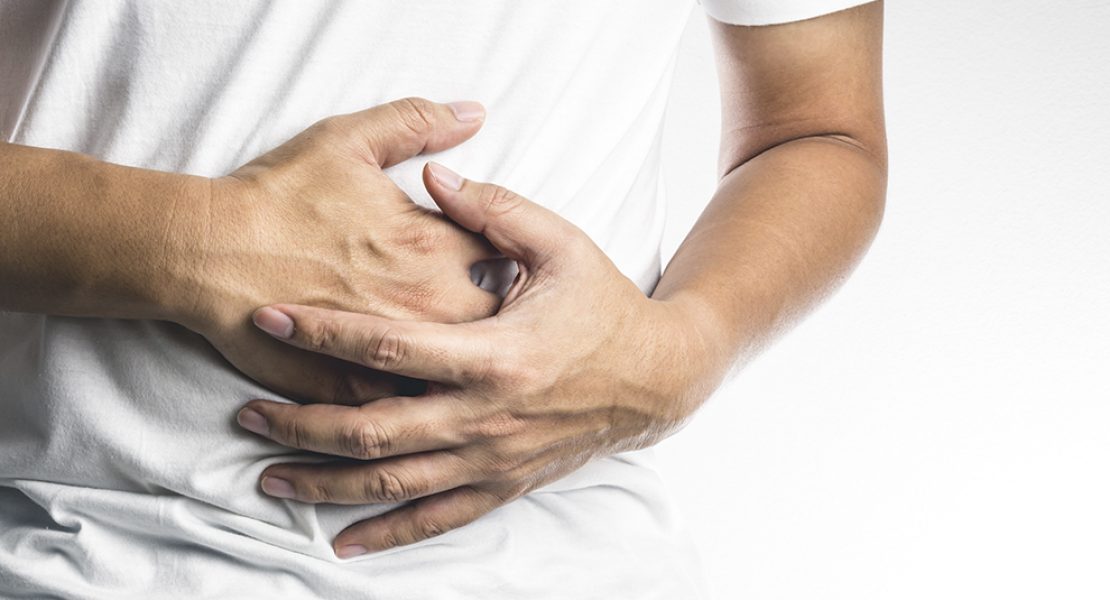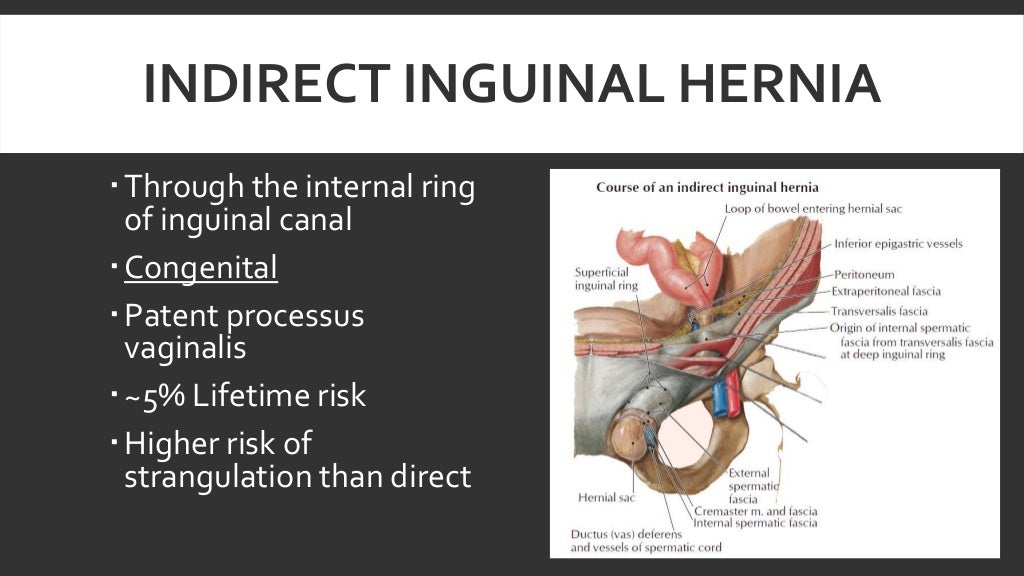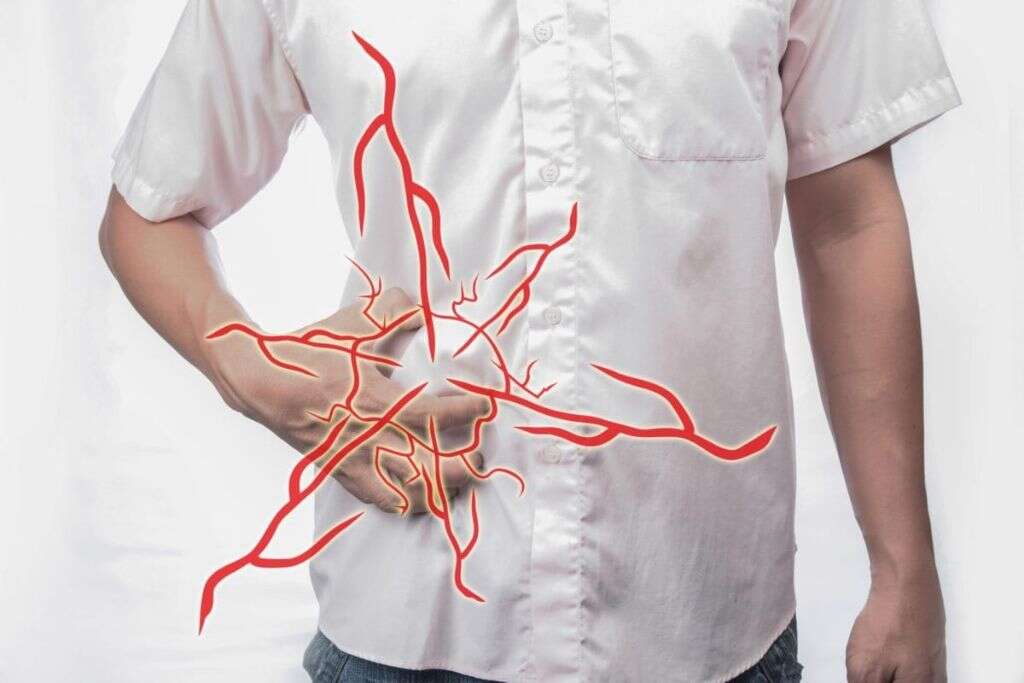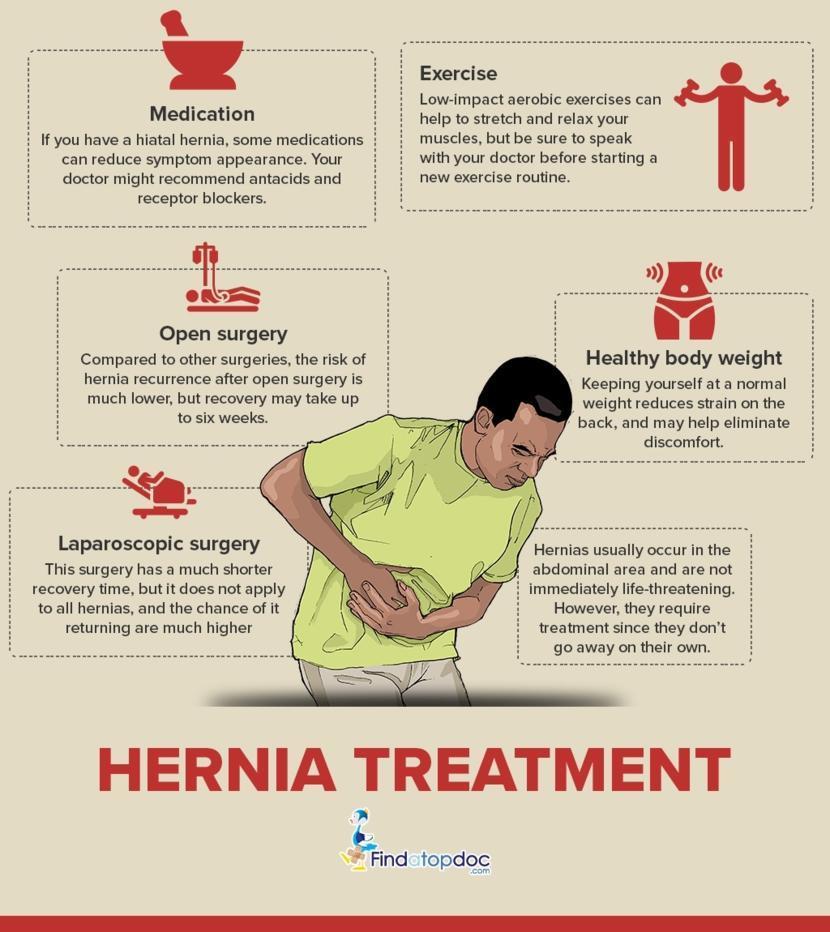Top Notch Tips About How To Check If You Have A Hernia

Because standing and coughing can.
How to check if you have a hernia. By susan fishman, ncc, crc. Call 911 right away if: Your hernia is extremely painful, growing quickly, swollen, or red.
Your doctor will diagnose a hernia based on your symptoms and health history, a physical exam, and possibly blood tests or imaging scans of the affected area. A physical exam is usually all that's needed to diagnose an inguinal hernia. Many experts agree that women are likely underdiagnosed for this.
You may not know you have a hernia unless it shows up while you’re undergoing a medical exam for an unrelated. How to tell if you have a hernia. The first sign of a hernia is the hernia itself — that is, the bulge created by the tissue or organ.
In many cases, hernias have no symptoms. It may look like an odd bulge that. Even if a hernia doesn’t cause pain or discomfort, it almost certainly will cause a lump under your skin where the abdominal.
You have constipation or bloating. If you feel pain when you lift heavy objects or exercise, check the area for swelling and bulges to see if you have a hernia. If you think it is a hernia, make an.
If you have pain or a bulge in your abdomen or groin, you could have a hernia. Where that bulge shows up depends on what type of hernia you have. There’s a bulge in your abdomen or groin.
A hernia is a protrusion of. Seth weinreb, md, a unc health surgeon,. You may have read about a technique called the hiatal hernia finger test, which involves placing your fingers on your upper abdomen below your sternum.
Place two fingers over the area you think is affected. A bulge in the area on either side of your pubic bone, which becomes more obvious when you're upright, especially if. Your doctor will check for a bulge in the groin area.
With a hernia, an organ or other structure protrudes through a weak part of tissue or. How do you know if you have a hernia? It’s sometimes helpful if there is a question about whether a.
A hernia usually happens in your abdomen or groin, when one of your organs pushes through the muscle or tissue that contains it. See a gp if you think you have a hernia. Inguinal hernia signs and symptoms include:




:max_bytes(150000):strip_icc()/hernia-surgery-in-detail-3157226_FINAL-ab113759eb27456b827498ca8db5c99b.png)

/GettyImages-11464502131-c6e92c8a0cf647e38aeb1ab63fbb2d20.jpg)


.jpg)








